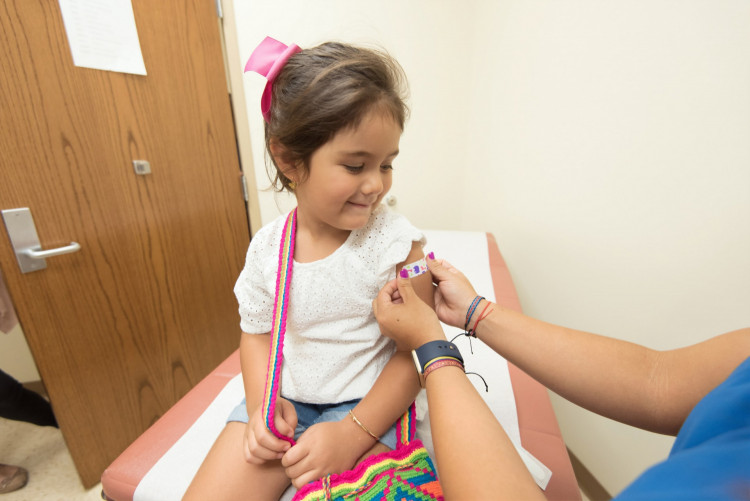According to the health ministry of Japan, a suspected case of a mysterious form of pediatric hepatitis has been discovered for the first time in the country. So far, the majority of patients have been documented in Europe.
As of Thursday, the World Health Organization (WHO) had confirmed 169 cases of hepatitis of unknown origin in 12 countries, including one death, with patients ranging from 1 month to 16 years of age. Diarrhea, vomiting, skin yellowing (jaundice), abdominal pain, and high liver enzyme levels have all been reported as symptoms.
The patient is 16 years old or under, according to the health ministry, but the patient's age, address, or gender have not been disclosed. The child patient fits the WHO's working criteria of a "likely case" of acute, severe hepatitis, according to the ministry.
Hepatitis viruses A, B, C, D, and E have been ruled out of the new cases affecting minors after laboratory testing, according to the WHO. The organization added that more cases are anticipated to be recorded in the days ahead.
An adenovirus was found in at least 74 cases, while a coronavirus was found in 20 cases, with 19 patients having both a coronavirus and an adenovirus infection.
According to Japan's health ministry, the patient has tested negative for both the coronavirus and adenovirus - common infections that can cause common cold-like symptoms or disorders like gastroenteritis - and has never had a liver transplant.
On April 20, Japan's health ministry issued an advisory to local governments, requesting that they report any suspicious cases. It said it will periodically provide information about the epidemic in Japan, as well as collaborate with governments around the world and monitor the situation.
The WHO stated on Saturday that it is still unclear whether there has been an increase in hepatitis cases, or if there has been an increase in awareness of hepatitis cases that occur at the predicted rate but go undiagnosed. While adenovirus is the suspected cause, the research for the underlying cause continues.
On April 5, the WHO was first alerted to cases of mystery hepatitis in Scotland.
"Factors include increased vulnerability among young children preceding a lower level of adenovirus transmission during the pandemic, the probable introduction of a novel adenovirus, and (coronavirus) coinfection need to be explored further," the WHO added.
The vast majority of affected children did not receive COVID-19 shots, therefore hypotheses about side effects from the COVID-19 vaccines are now unsupported, the WHO added.






